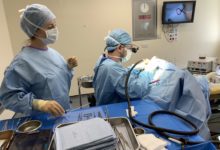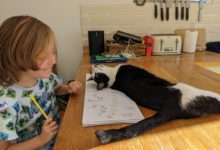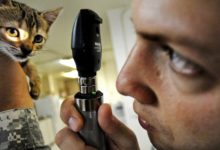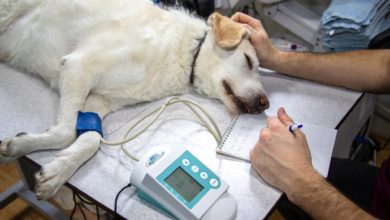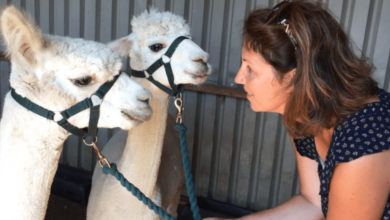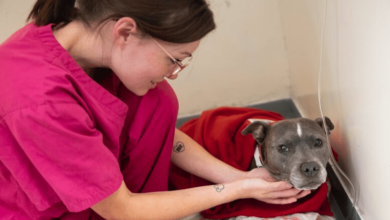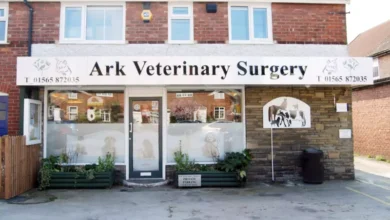RVC receives grant to develop first-ever organ-on-a-chip facility
Additionally, RVC claimed that it will support the development of regenerative medicine therapies, such as stem cell therapy for tendon, heart and eye conditions, kidney failure and cancers in multi-cell systems
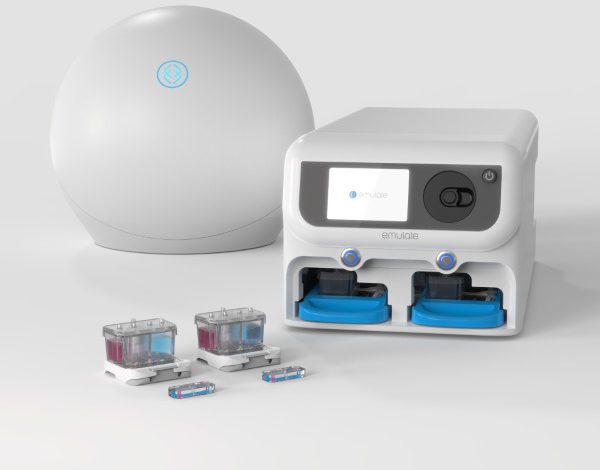
Researchers at the Royal Veterinary College (RVC) have been awarded funding to develop a first-of-its-kind organ-on-a-chip facility for veterinary species.
According to RVC, the new technology will help close “important knowledge gaps” and reduce the number of animals necessary for in-vivo testing by reflecting animal tissue structures and predicting responses to a wide range of stimuli, including pathogens, vaccines, environmental conditions and cell-to-cell interactions.
Organs-on-chips (OoC) are systems containing engineered or natural miniature tissues grown inside microfluidic chips.
RVC said that developed to better mimic species physiology, than that of traditional 2D cell culturing, the chips can control cell microenvironments and maintain structures and functions for tissues and organs such as the blood-brain barrier, lungs and heart, while being constantly supplied by the necessary nutrients.
It also stated that OoC’s help “bridge the gap between animal and human systems, allowing for drug and vaccine testing and supporting studies into how cells interact with each other and pathogens, without having to use live animal testing”.
Funded by UK Research and Innovation (UKRI), the RVC’s OoC project will help assess the development of new vaccines and vaccine approaches by “better understanding host-pathogen interactions”.
Additionally, RVC claimed that it will support the development of regenerative medicine therapies, such as stem cell therapy for tendon, heart and eye conditions, kidney failure and cancers in multi-cell systems.
This project will sit in the RVC’s newly created Centre for Vaccinology and Regenerative Medicine, which was established to play a role in the development and translation of vaccines and regenerative medicine approaches for animal and human health.
Dirk Werling, professor of Molecular Immunology at the RVC, said: “The organ-on-a-chip is one of the top 10 emerging technologies and we are very proud to be able to establish this technology at the RVC, thus actively contributing to the development of new treatment strategies as well as further reducing the usage of animals for in-vivo testing and therefore contributing to the 3Rs – replacement, reduction and refinement.”


